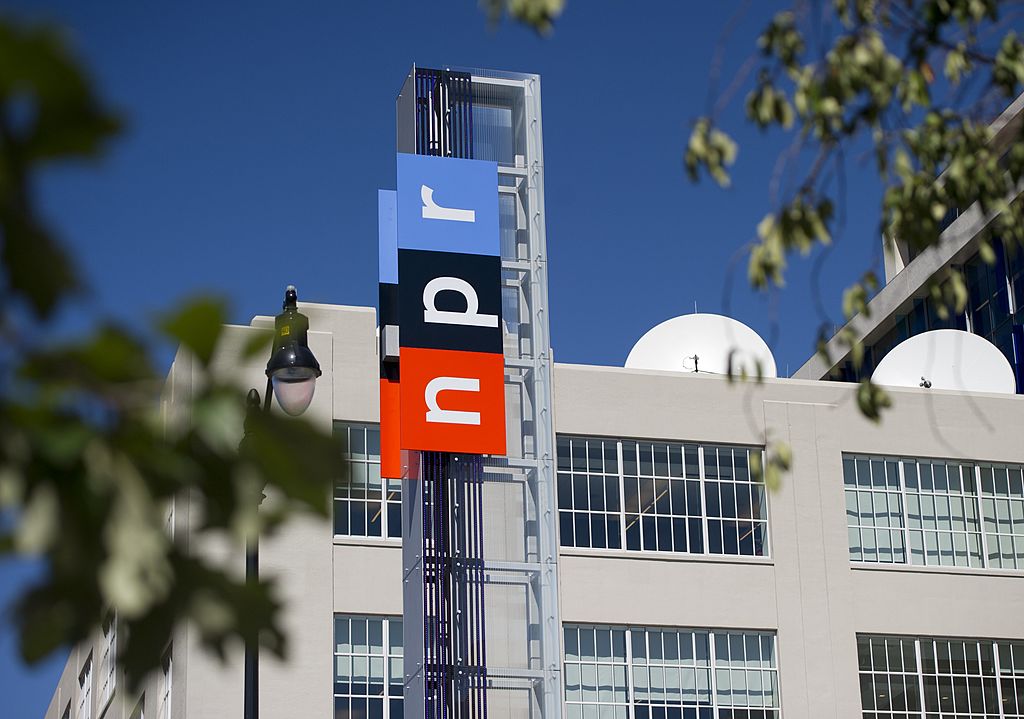Recently, NPR aired a story that included an audio recording of a woman undergoing a D&C abortion. It was clearly meant to portray abortion as a normal, empowering experience. Between sound clips of the vacuum aspirator whirring and the patient moaning in pain, the reporter’s voiceover paints the relationship between the staff team and the patient as one of women supporting women — like doulas at a birth. At the end of the abortion, relieved laughter is heard as the patient thanks the staff.
This rosy portrayal of abortion masks dark truths. For one, the irony of comparing it to birth is that abortion is birth — the forced birth of a child who dies during the process. That patient’s 11-week pregnancy was the size of a strawberry and had distinct fingers, toes, and fully developed facial bones. The D&C ripped that child to pieces with the force of a vacuum.
The sound of that vacuum is triggering to many women suffering from abortion-related PTSD. For me, it was the sound of the woman’s pain that brought flashbacks to my medical abortion over 20 years ago. Women with abortion trauma like me and my mental health patients are ignored by mainstream America — hence why NPR didn’t think to offer any warning before playing that clip.
Research from across the world suggests that abortion increases the risk of mental health complications several times over and suicidal ideation by at least 50 percent compared to live birth. Yet patients are not routinely informed of these risks. As a licensed mental health counselor specializing in reproductive mental health, I recognize that informed consent is not complete without a patient understanding all of the risks and benefits of all of their options as well as who the procedure impacts and how. This would include screening for mental health issues as well as acknowledgment that a woman’s offspring will die during the procedure.
The trauma of abortion is compounded when there is any coercion involved in the event. As the NPR piece describes, women’s apprehension, fear, and doubt as they prepare for the procedure are often met with coercive reassurance and pressure to continue. Though these responses sound kind and compassionate, they gaslight rather than listen to and understand the woman’s emotions. This “compassionate” coercion is not an example of trauma-informed care or informed consent. It’s medical abuse and a trampling of patient rights.
Research has suggested that as many as 70 percent of women feel some level of coercion to obtain or complete an abortion. Recently, Democratic Representative Cori Bush from Missouri shared her experience with being forced to finish an abortion after she’d changed her mind and asked them to stop. She recalls, “I said, ‘No, I’m not ready.’ …They absolutely ignored me… Even to the point of, you know, like, ‘Calm down.’ As if I was the problem.”
Bush is nowhere near alone in her experience. Thousands of women have shared their stories to Silent No More, a campaign to highlight women’s experiences of coercion and deception.
I am also no stranger to such an experience.
As a young, homeless, addicted woman in an abusive relationship, uneducated about reproduction or how pregnancy worked, I was told that Planned Parenthood would give me something to prevent pregnancy. Instead, I was given an abortion pill at the clinic and a pill to take at home the next day. I was told that I would experience something like a heavy period. Instead, over the next 48 hours, as I moaned in agony, vomited repeatedly, and hemorrhaged the contents of my uterus, including my son, I was convinced I was going to die. This was nothing like a heavy period. This was violent death. The same violent death we hear in the NPR piece flowered with euphemisms and lovely imagery of female empowerment.
Women are not empowered when they are denied truth and informed consent. Women are not empowered when they are coerced into a procedure. Women are not empowered when their trauma and grief over the loss of their child through an abortion is ignored. We deserve better than this.
Robin Atkins is the chair of the mental health subsection of AAPLOG and is a licensed mental health counselor

























